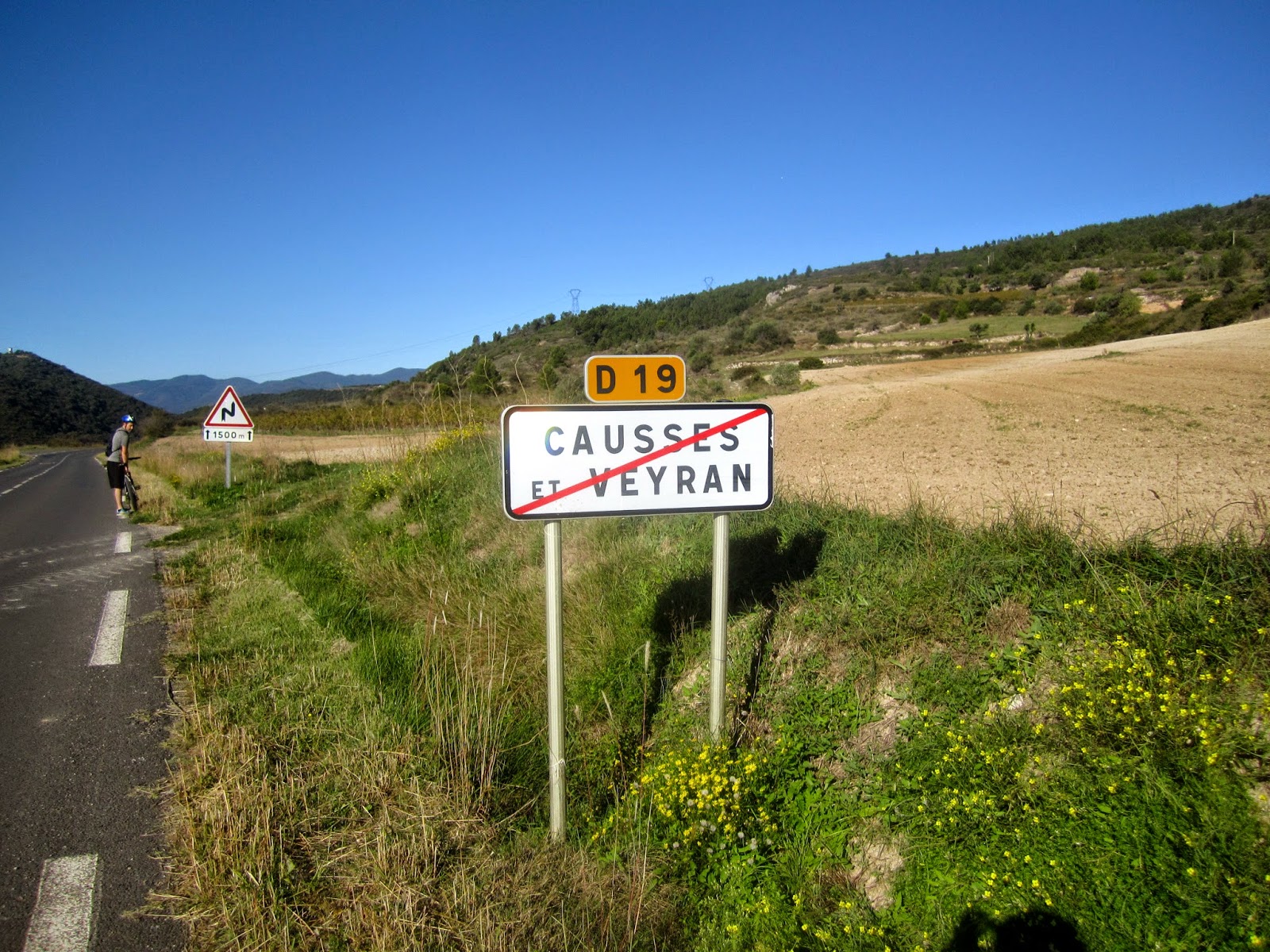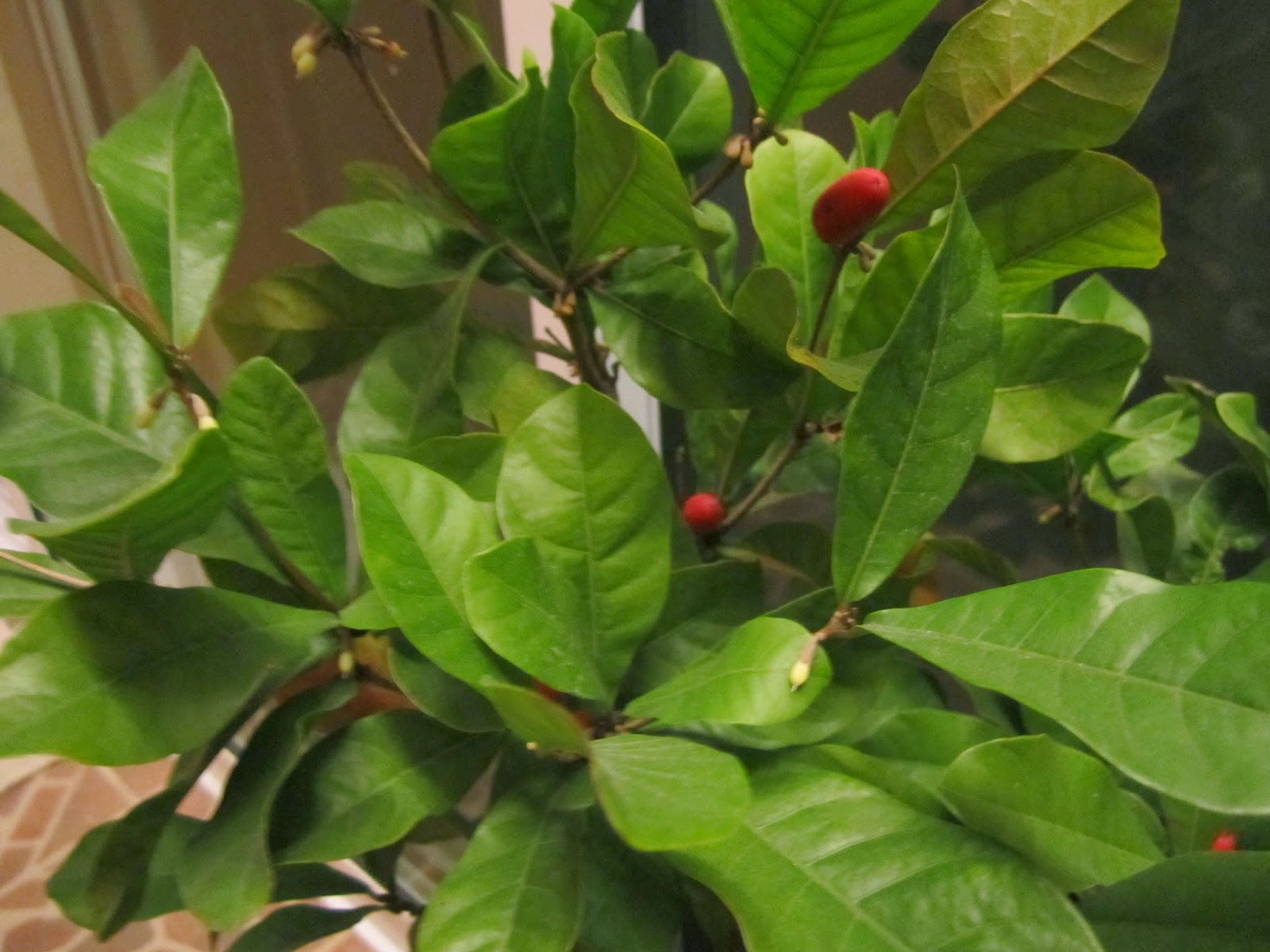If you haven't already figured it out, discovering the best ways to travel on a budget is one of my favorite challenges. So, when I heard
about housesitting a couple of years ago, I knew immediately that I had to
give it a try. After receiving a
recommendation from friends, Dan and I signed
up for a website called TrustedHouseSitters.com. Every day, the website has new postings of
houses that need to be “housesat” as the owners travel. The houses range from farms in the middle of
nowhere, to beautiful beach houses, to apartments in cities all throughout the
world. They usually all have pets that
need to be taken care of (some cats and dogs, others horses and pigs).
In order to get some experience under our belt, Dan and I
found a housesit in the (rural) suburbs of Pennsylvania for ten days over the
summer. Our duties entailed looking
after a dog, two rabbits, a hamster and some fish. The experience taught us that looking after
a needy dog is tougher than we thought, and that living in the suburbs, in a large
house with a nice big yard, essentially the “American dream”, might not be all
it's cracked up to be.
Thanks to my obsessive website checking and need to reply to
emails immediately after they are received (one of my greatest strengths, according to Dan), we were able to snag a housesit in
Istanbul for the month of September. We
spent one month living in a beautiful 13th floor apartment
overlooking the city, and taking care of three cats. Istanbul is a beautiful, culturally diverse
city. We experienced some strange (but delicious) foods,
the scariest taxi ride of our lives, the inside of a mosque, and witnessed the
kindness of a city towards stray cats.
Brussels, Belgium
Soon after our housesit ended in Istanbul, we were off to our next housesit in Brussels, a city that we later learned was given the title “the most boring city in Europe,” two years in a row…
Soon after our housesit ended in Istanbul, we were off to our next housesit in Brussels, a city that we later learned was given the title “the most boring city in Europe,” two years in a row…
It’s the home of the European Union and NATO, so the residents
are from all over the world. The streets
are clean, the cars always stop for you at the crosswalks, the people are very
environmentally friendly, and it seems as if there’s just one homogenous social
class (which is pretty well-off and speaks three languages). It’s
hard to explain exactly what was missing (Graffiti? Garbage? Homeless people?), but I just felt as if the city was
lacking some character. But what it was
lacking in character it made up for with delicious chocolate, waffles and beer. Also, the close proximity to other major
cities makes Brussels a good hub.
Southern France
From Brussels, we made our way to Southern France to visit Dan’s friend in Montpellier, a smaller university city, known for having “the sexiest trams” in Europe. Spending the week with Dan’s friends, recent parents, I realized the importance of some of the benefits given to Europeans, that Americans don’t have-- more vacation time, longer maternity leave, cheaper childcare services. In exchange for these benefits, workers accept lower earning potential (leading to less of a gap between the rich and the poor). After much observation and discussion, I'm beginning to think that the quality of life in France (and many other European countries) is just plain better.
From Brussels, we made our way to Southern France to visit Dan’s friend in Montpellier, a smaller university city, known for having “the sexiest trams” in Europe. Spending the week with Dan’s friends, recent parents, I realized the importance of some of the benefits given to Europeans, that Americans don’t have-- more vacation time, longer maternity leave, cheaper childcare services. In exchange for these benefits, workers accept lower earning potential (leading to less of a gap between the rich and the poor). After much observation and discussion, I'm beginning to think that the quality of life in France (and many other European countries) is just plain better.
From there, we were lucky enough to find a housesit about an
hour away in a small village, home to 800 people. There is one small shop, one au de pain
(bakery) and one restaurant in the town.
The house is surrounded by mountains and vineyards, and the roads filled with
bikers. Every direction we walk is
breathtaking, but walking and riding bikes are pretty much the only things we
can do. The nearest supermarket is 8km
away (at the bottom of the hill), and as a result going to the supermarket (or
rather, returning from the supermarket up the hill with our groceries) has
become a full day event.
The ability to experience someone’s life for a few weeks at
a time has taught me a lot.
I’ve learned some simple things about myself. I’ve seen how much happier I am when there is
a lot of light; I’ve learned about the way light wood can disguise dirt; I’ve learned the value of drinkable tap water, a non-stick pan, and a gas stove…
But at the same time, I have learned much more valuable
things.
I have been able to experience a small glimpse into the lives of others, and imagine the vast possibilities for my own life.
I have learned that the best way to truly learn about yourself is to put yourself in uncomfortable situations. At the same time, I've learned how to make myself comfortable in new settings.
I have learned that people throughout the world are all different in small ways, but share the same fundamental nature.
I have realized that one perfect place doesn’t exist.
I have learned just how lucky I am to be able to travel
anywhere in the world and have English as my native language (and to have been
born in one of the richest countries in the world).
But most importantly, I have learned how important the
things are that I have to give up in order to live a lifestyle like I do.
Long-term travel can be lonely sometimes (even with Dan!). After years of hellos and goodbyes,
I feel like I have developed less of a desire to meet new people, and a sense
of detachment from the people I meet. Constantly
moving and spending just a short amount of time in different cities makes it
quite difficult to cultivate real relationships.
My experiences over the last two years have made me both
more understanding and tolerant of people, but at the same time, more unable to
relate to them. Over these past few years of living out of a backpack, I've learned that living a lifestyle that is so different than the norm is exciting, but also isolating.
I’ve learned that although I enjoy change, there is a large
part of me that craves routine.
Initially, moving to a new place and being confronted with the challenge
of finding a new supermarket, meeting new people, or discovering a way to exercise was
a fun challenge, but now more and more I miss just having simple routines.
I can’t believe that I’m actually writing this, but I think
that I’m almost ready to settle down, or at least something close to it.
Will I stop traveling completely?
No.
But, I want to create a homebase. I want to be near family and friends. I want some routines.
I think I’ve learned that to truly appreciate travel, I need
to take a break from it every once in a while.






















